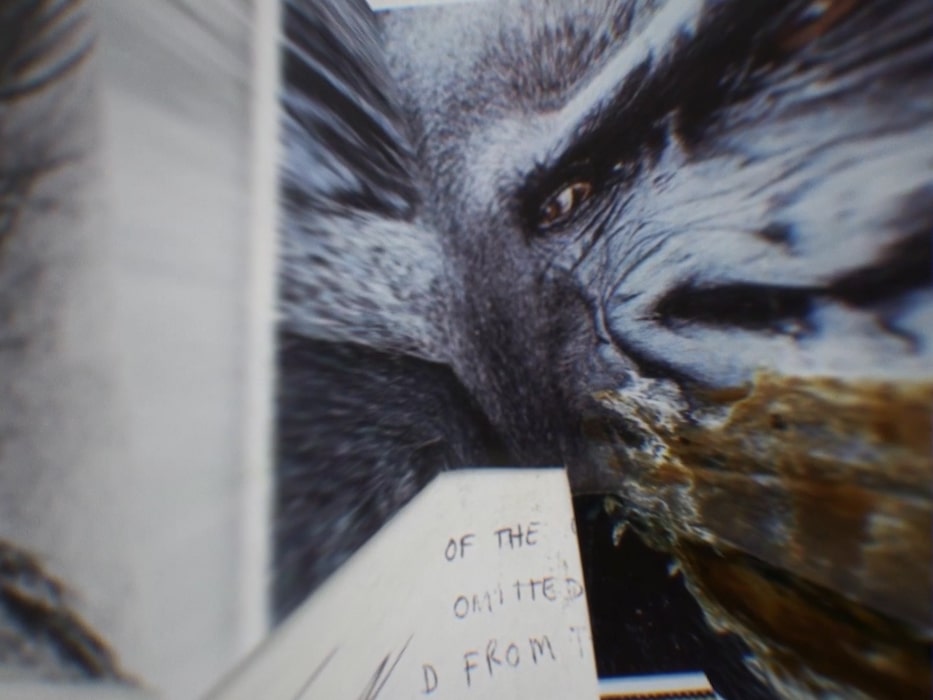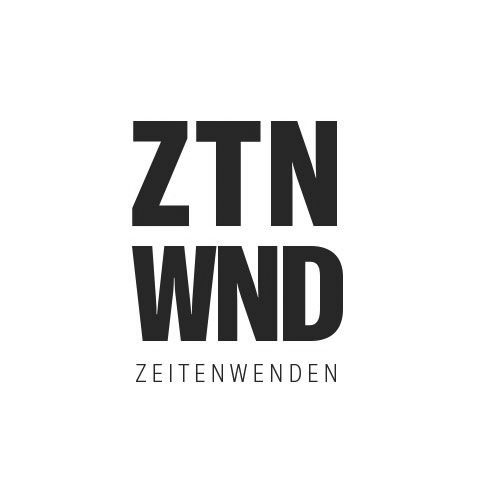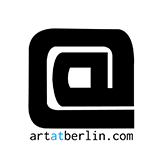In her solo exhibition The First Finger (chapter II), Tolia Astakhishvili (*1974 in Tbilisi, Georgia) transforms the Haus am Waldsee in the course of an expansive installation. In addition to structural interventions, drawings, paintings, text and videos, the exhibition includes new collaborative works with Zurab Astakhishvili, Dylan Peirce and James Richards as well as contributions by Antonin Artaud, Alvin Baltrop, Kirsty Bell, Nat Marcus, Vera Palme, Andreas Rousounelis, Judith Scott, Ser Serpas and Giorgi Zhorzholiani.
Fig. above: Tolia Astakhishvili and James Richards, I Remember (Depth of Flattened Cruelty), 2023, film still, video installation, 10 min, Courtesy the artists; Cabinet, London; Isabella Bortolozzi, Berlin; LC Queisser, Tbilisi
At the beginning of The First Finger is the image of a physical borderline experience: a body exposed to extreme cold must set priorities in order to protect itself as a whole. For its survival, it rations its energy and sacrifices piece by piece, finger by finger, its most expendable limbs in order to continue to guarantee the blood flow to the most important organs in the centre. For Astakhishvili, this bodily reduction to a life-sustaining core forms the point of departure for the exhibition’s titular metaphor, which prompts fundamental reflections on the conditions of life and liveliness, protection and renunciation.
In her work and through various forms of expression, Tolia Astakhishvili is intensely concerned with questions of space; how it is constituted and how it reflects lived realities. Her works trace the structures and narratives of existing buildings and conjure up real and imaginary stories through temporary installations and alterations. At the Haus am Waldsee, too, Tolia Astakhishvili is dedicated to the material nature of the institution, exploring its architectural layers and peripheral areas. Using found materials and structural interventions, she condenses the spaces of the former residence into a haunting and fragile environment in which she explores the existential conditionality of human beings in their relationship to space.
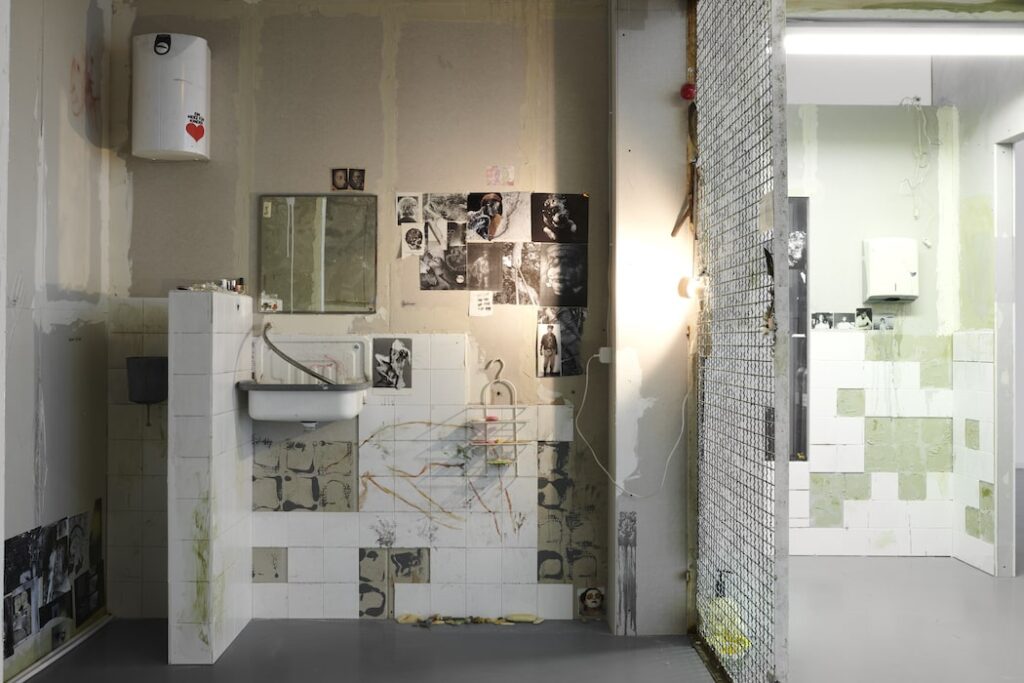
Living spaces in particular are often emblematic of places of retreat that protect the private sphere and in which physical integrity can be preserved. In her exhibition, Astakhishvili allows this notion to become fragile. It can be guessed that “home” is neither a stable concept nor necessarily a safe place that provides existential support, but can sometimes also be a place of resistance, conflict or violence. Astakhishvili makes this tense relationship between the individual and space, as well as the mental and physical interactions between a closed environment and its inhabitants, tangible in her exhibition.
Starting with intimate, delicate drawings, she traces the atmospheres of the surroundings, condensing and altering them. By reshaping architectural structures, such as raising walls of sheetrock, inserting new windows or narrowing passageways, she navigates alternative possibilities for movement and orientation in space. These redefined divisions and distances allow and require one to rebalance one’s physical and mental relationship to an outside.
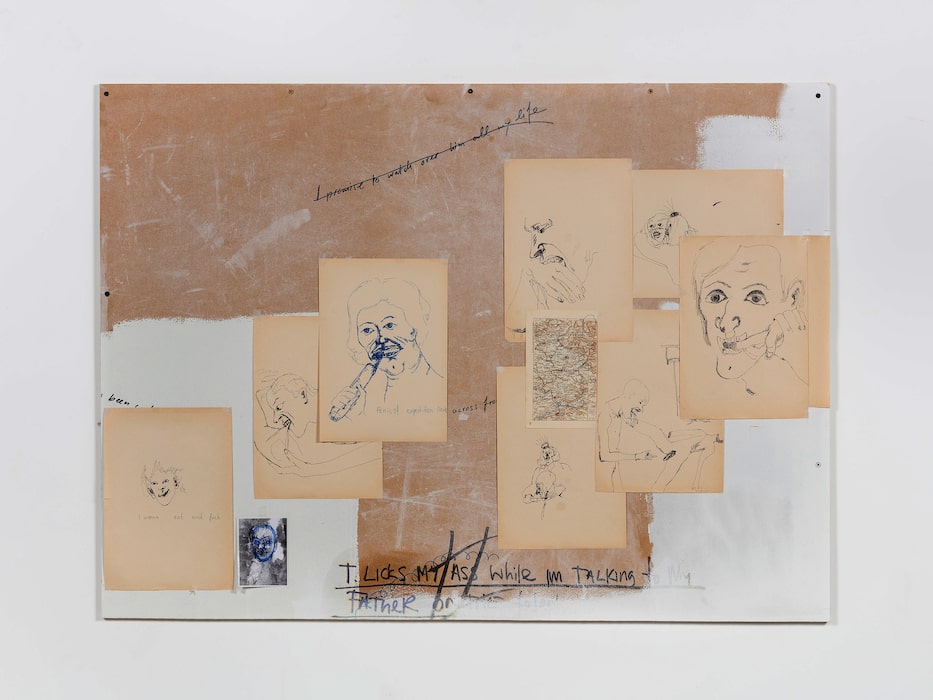
Architecture and painting merge fluidly and almost completely dissolve the boundaries between textures. Objects and sounds simultaneously refer to traces of construction and deconstruction, to existences that are no longer present as well as abstract dreams, emotions and visions. In this way, Astakhishvili allows different places and realities of imagination and reality to meet and coexist. Material traces become ambivalent markers of the past and reveal the structural fabric as a container of overlapping stories and images. Works by other artists are also part of this constellation and expand Astakhishvili’s processes of layering and condensation.
The result is a fragile and tense structure in the rooms that defies any concentration on a centre. The poetic power and formal stringency of this ambiguous environment invites us to fathom more deeply the different levels of consciousness that appear in it, as well as the relationship between man and architecture.
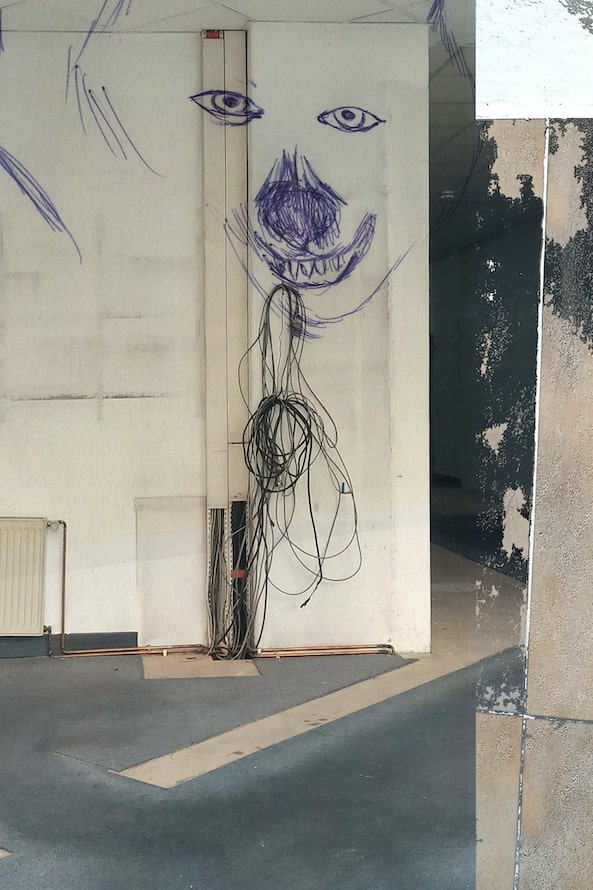
Tolia Astakhishvili lives and works in Berlin and Tbilisi. Her recent solo exhibitions include The First Finger at Bonner Kunstverein, I think it’s closed at Kunstverein Bielefeld (both 2023) and In Heat Wind Wounds Holes at LC Queisser, Tbilisi (2021). In addition, her works have been part of numerous group exhibitions, including the show she curated, I am the secret meat, Felix Gaudlitz, Vienna; The Main Entrance, Shahin Zarinbal (both 2022); The Holding Environment, Bonner Kunstverein (2021); The Displacement Effect, Capitain Petzel, Berlin; As I write, I am lying, I hope, Art Hub Copenhagen; SPEED 2, Malmö Konsthall; EARTHBOUND. Tales of Man and Nature, Goethe-Institut Bulgaria / Earth and Man National Museum, Sofia (all 2019) and Ache, Cabinet, London (2018).
The First Finger will be realised in two chapters: The first chapter will take place at the Bonner Kunstverein, curated by Fatima Hellberg (25 March – 30 July 2023) and the second chapter at the Haus am Waldsee in Berlin, curated by Beatrice Hilke (23 June – 24 September 2023).
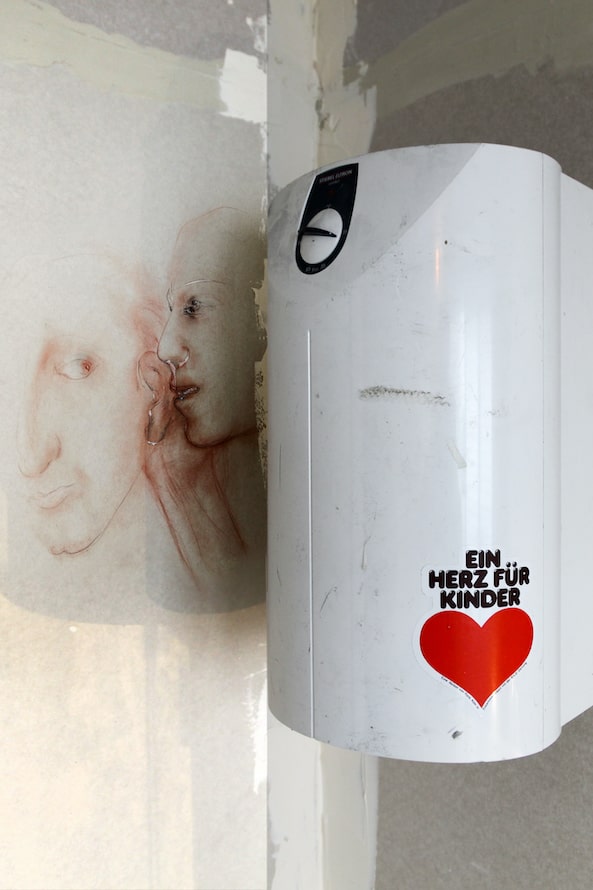
The programme of events accompanying the exhibition includes a film programme conceived by Tolia Astakhishvili and Simon Lässig on 2 July and a reading by Kirsty Bell on 26 August.
Supported by
Capital Cultural Fund
Haus am Waldsee – Freunde und Förderer e.V.
In partnership with
Bonn Art Association
WHERE?
Argentinische Allee 30
14163 Berlin
WHEN?
Exhibition dates: Friday, 23. June until Sunday, 24. September 2023.
Press conference: Thursday, 22. June 2023, 11 am.


